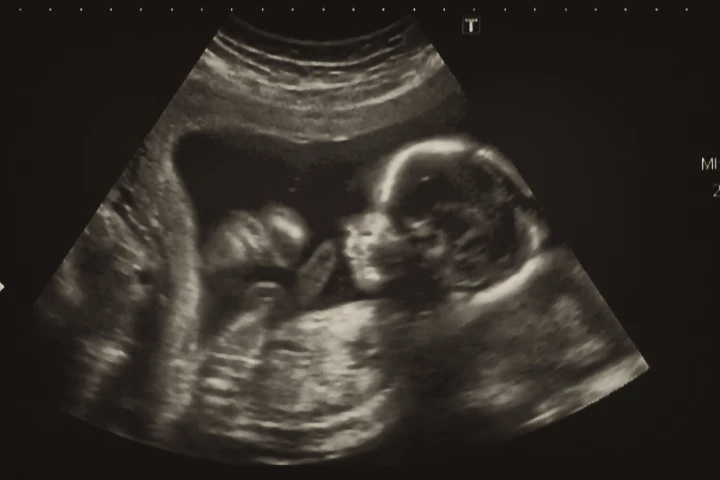Brigham and Women’s Hospital
-
Scientists have demonstrated in mice that specially designed probiotics can reduce brain inflammation from diseases like multiple sclerosis. The study points to new potential therapies for chronic conditions that may be as simple as popping a pill.
-
We all know fruit and vegetables are good for our overall health. But in a first-of-its-kind multi-year study, researchers have shown that flavanols found in these foods are tied to brain function, and a deficiency may drive age-related memory loss.
-
Surgeons have successfully performed a first-of-its-kind procedure in utero to treat a potentially fatal genetic defect in the brain. Usually treated after birth, the new procedure could give newborns a better chance of a normal life.
-
Even though some conditions cause people to lose their appetite, those folks have to keep eating in order to recover. A new "electroceutical" ingestible capsule could help, by making them feel hungry … and it was inspired by a lizard's skin.
-
Researchers have developed a platform that allows wireless ingestible devices to be tracked in 3D as they travel through the gut, which may provide a cheaper, less invasive way of investigating disorders that affect gastric motility.
-
The rise of drug-resistant bacteria calls for new approaches to how doctors protect against bone infection after joint replacements, and a potent new form of bone cement is poised to take up the fight.
-
A common perception around meal timing and human health is that it’s best to steer clear of late-night dinners and midnight snacking, and a new study has offered some compelling insights into the reasons why.
-
People subjected to irregular sleeping and eating habits through shift work are known to have higher risk of a wide range of health problems, and a new study has drilled into the impacts of this lifestyle on mental health.
-
At the heart of much research into Parkinson's, both its causes and new forms of treatment, is a type of brain protein called alpha-synuclein, and new research has found that it appears to be leading a "double life."
-
Scientists adapting stem cell therapies for difficult-to-treat tumors have developed a highly efficient off-the-shelf approach that showed "profound efficacy" in mouse models of aggressive brain cancer, laying the groundwork for clinical trials.
-
Napping for more than an hour a day could be an early sign of Alzheimer’s disease according to new research. It’s suggested excessive daytime napping shares a bidirectional relationship with dementia, reflecting and shaping changes in the brain.
-
Data from a large placebo-controlled clinical trial investigating the effects of daily vitamin D and omega-3 found those taking vitamin D alone, or in conjunction with omega-3, showed lower rates of autoimmune disease compared to those taking placebo.
Load More











